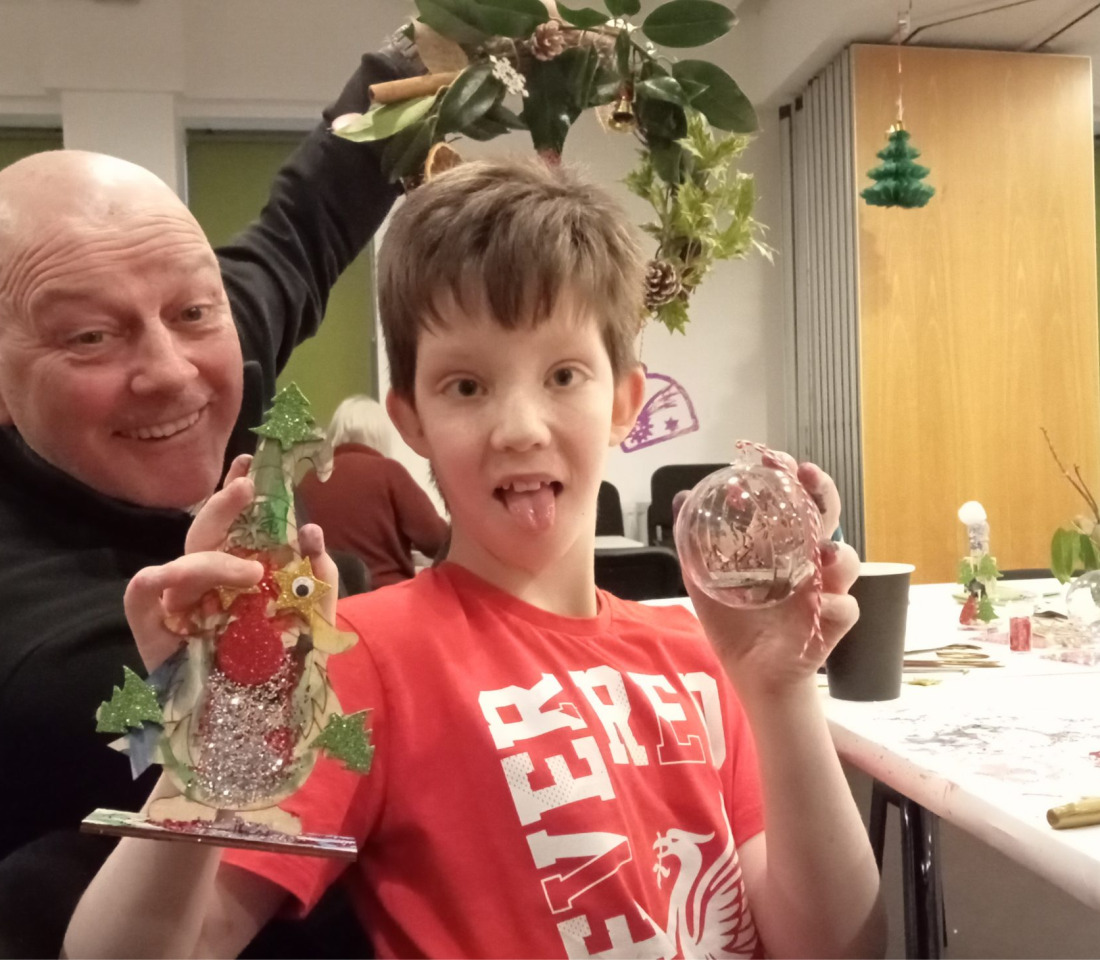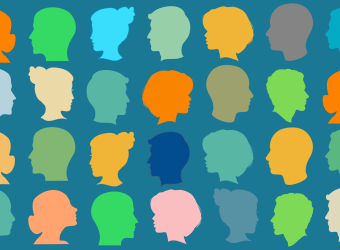
What is masking, what does it look like and how can it affect people?
Understanding the invisible struggles of those who mask
Research suggests that 15 – 20 percent of the population in the UK could be neurodivergent. This means their brain works in a different way and they may be diagnosed with a neurological condition such as:
This means most people know a neurodivergent person, but could they be masking their condition?
What is masking?
Masking is the act of suppressing or concealing neurodivergent traits in schools and workplace in order to appear neurotypical. It is often commonly experienced by autistic people.
With ableism, stigma, judgement and potential discrimination sadly still widespread, it often feels habitual for a neurodivergent person to mask or change their behaviours in public settings, regardless of the challenges they may face by doing this.
What does masking look like?
Neurodivergent people who mask their conditions tend to do this by mimicking or mirroring the behaviours of neurotypical people around them, such as their peers, colleagues or friends.

This could include behaviours like:
- Developing social scripts to get by in social settings, and rehearsing entire conversations in advance of having them.
- Trying to suppress stimming behaviours such as hand-flapping, rocking or repetitive movements, even though you may find these soothing.
- Forcing eye contact even though this may feel unnatural or uncomfortable.
- Providing stereotypical answers to questions or small talk, as they may feel hesitant in sharing much information about themselves.
- Acting outwardly as if they are not affected by sensory overload, such as by being overtly quiet.
- Downplaying special interests.
Why do neurodivergent people mask?
For some neurodivergent people, masking may begin unconsciously as a child through a desire to fit in.
Autistic adults may mask in order not to be discriminated against or harassed, or due to a perceived fear of being held back if they reveal their neurodivergence.
Masking can also be a coping mechanism to manage the challenges they feel may arise from their neurodivergent traits in a workplace setting, such as fear of asking for accommodations or being expected to be an educator in neurodiversity to their colleagues.
How does masking affect people?
Masking can be detrimental to mental health, leading to burnout, depression, anxiety and ‘Imposter Syndrome’.
It can also make it harder for autistic people to develop and understand their true sense of self – when someone masks continuously to fit in, it may be a challenge for them to then express their true self.

Masking from a young age can also mean diagnosis may be delayed and people may miss out on necessary support.
How can we help support neurodivergent people with masking?
Schools and workplaces are two of the primary places that a neurodivergent person needs to feel supported so they can thrive.
It’s important to create a supportive and enabling environment so young people and employees can thrive and feel able to be their true authentic self, without needing to mask.
Neurotypical people should undertake reputable training, such as The Brain Charity’s neurodiversity training, to educate themselves and foster a culture of acceptance by celebrating neurodiversity and emphasising its strengths.
This will help provide more support in society around neurodivergence and masking and break stigma and negative stereotypes.
Good training can also help employers and schools know how to create a sensory-friendly environment – such as by providing options for natural lighting, flexible seating arrangements, quiet spaces and allowing for noise-cancelling headphones.
Neurodivergent employees should also be encouraged to self-advocate and communicate their needs and challenges confidently, without fear of retribution.
Categories: Advice, Neurodiversity, News
Published: 16 September 2023














